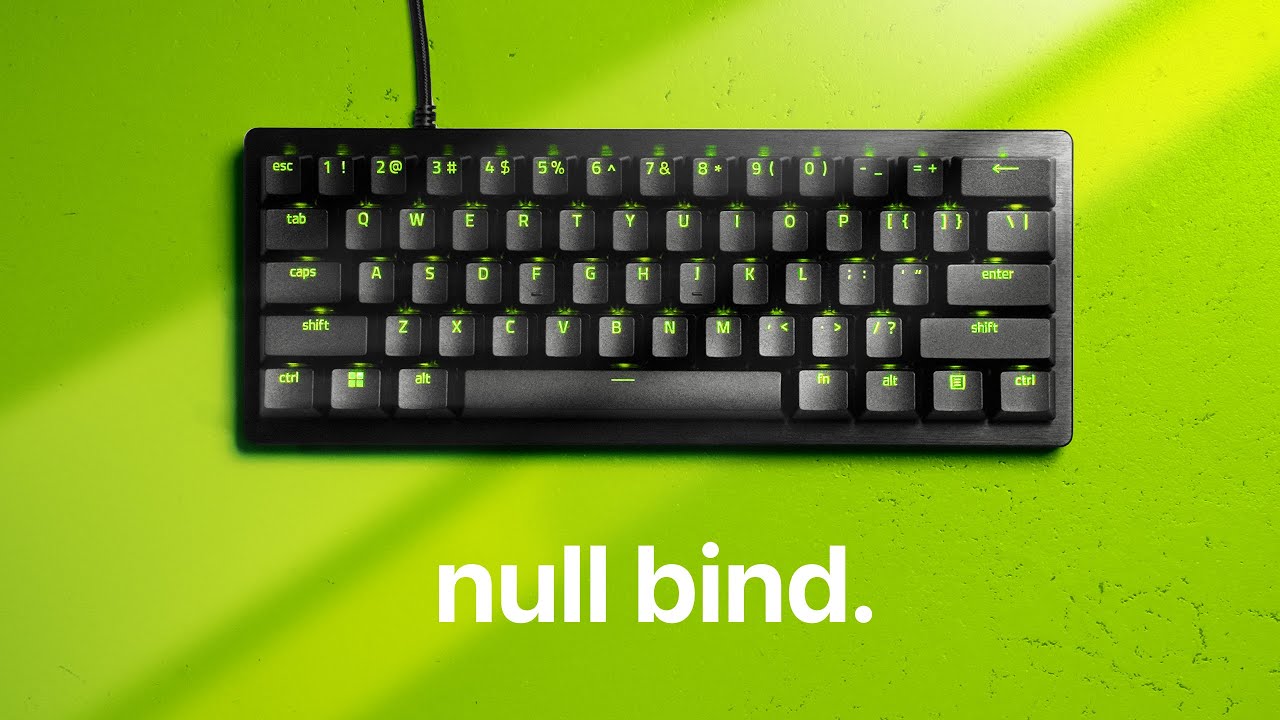Razer’s new “snaptap” feature for the Huntsman V3 analog keyboards allows for flawless strafing inputs without overlap or delay, significantly enhancing player movement and potentially giving users an unfair advantage in competitive gaming. While this technology improves gameplay performance, it raises concerns about fairness and legitimacy in esports, prompting discussions among tournament organizers and developers.
Razer’s new keyboard feature, called “snaptap,” has sparked controversy due to its ability to enhance player movement in games, making it feel akin to cheating. This feature allows for perfect strafing inputs without any overlap or delay when changing directions, a level of movement accuracy that is impossible to achieve with standard keyboards. The snaptap functionality is available as a free update for the Razer Huntsman V3 analog keyboards, and it fundamentally changes how inputs are registered, allowing for instantaneous direction changes that can significantly improve gameplay.
Traditional gaming keyboards have a 2 mm actuation point, which can introduce delays between pressing and releasing keys, leading to potential input lag. While brands like Wooting have attempted to address this with adjustable actuation points and features like rapid trigger, which minimizes delay, they still allow for some overlap in movement inputs. This overlap can occur when a player begins pressing a new direction before fully releasing the previous key, which can result in unintended movement behaviors in competitive gaming scenarios.
Razer’s snaptap feature eliminates this problem entirely by only activating the last pressed input. This means that if a player holds down one movement key and presses the opposite direction, they will seamlessly switch to the new direction without any overlap. This capability is particularly advantageous in games like Counter-Strike, where techniques like counter-strafing are crucial for maintaining accuracy while shooting. The ease of executing perfect counter-strafes with the Razer keyboard can drastically reduce the learning curve for players, allowing them to perform at a higher level with minimal practice.
In practical tests, the performance difference between Razer’s snaptap and other keyboards is stark. For instance, simulations show that Razer’s keyboard allows players to return to full weapon accuracy significantly faster than competitors, even when accounting for human error in input overlap. The ability to perform perfect jiggle strafing and rapid directional changes with no input delay or overlap gives players a substantial edge, making it feel like a significant advantage in competitive play.
The implications of Razer’s snaptap feature raise important questions about fairness in competitive gaming. While it may not be classified as cheating in a traditional sense, its ability to provide mechanical advantages in movement could lead to debates among tournament organizers and game developers about its legitimacy in competitive settings. As gaming technology continues to evolve, the need for clear guidelines on what constitutes fair play becomes increasingly important, especially as players leverage these advanced tools to gain an edge in competitive environments.
